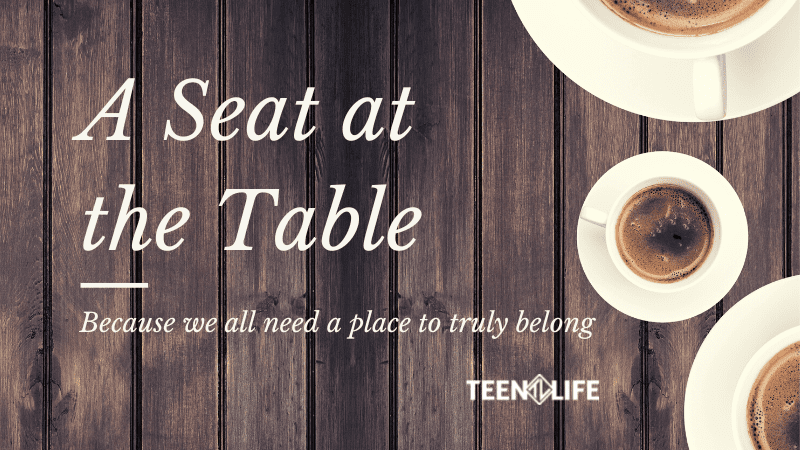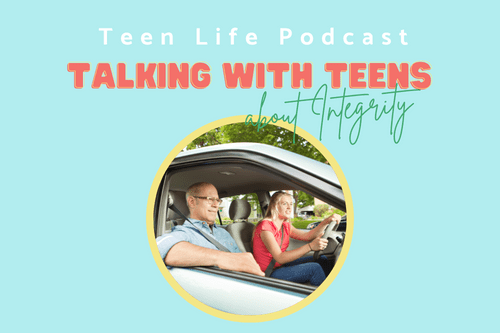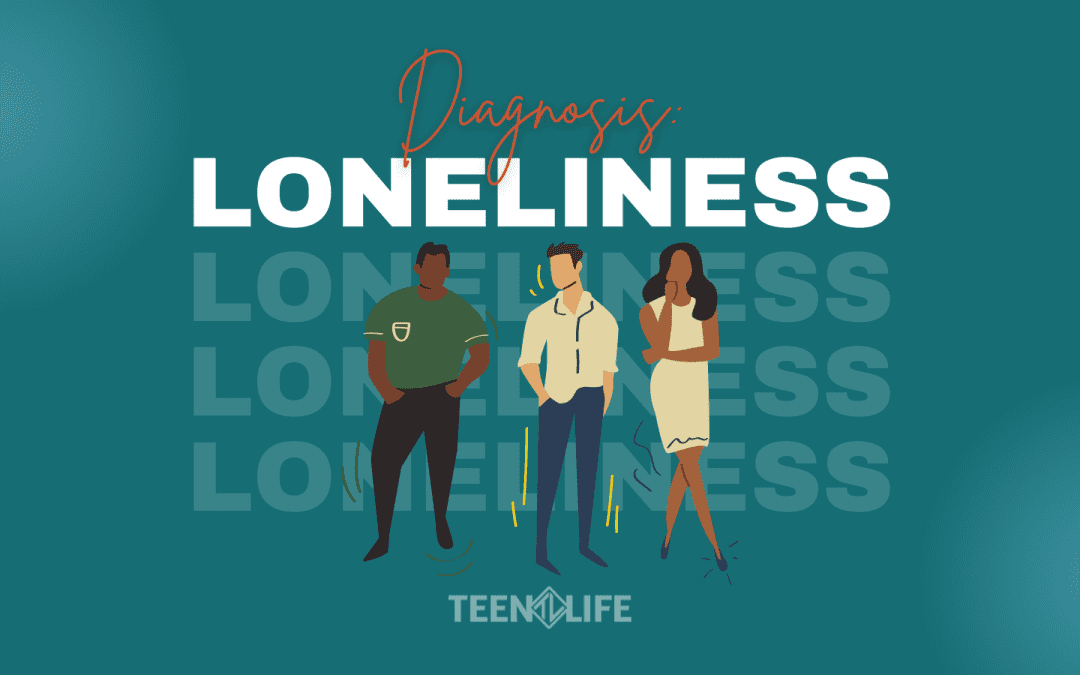
A Gorilla in the Weight Room
One of my favorite icebreakers to do in my Teen Life Support Groups in the final weeks of our curriculum is something I call “Gorilla vs. Grizzly”.
The premise is simple: who would win in a battle between a Grizzly Bear and a Silverback Gorilla?
Now, you might have an instant strong opinion on this hypothetical fight, and you wouldn’t be alone. Once we introduce this scenario, there are instant ideological lines drawn in the sand between students on who would win this epic showdown between two of nature’s alphas.
Before I go any further, it should be stated that this is only a scenario. There is no ethical setting in which this experiment would ever play out. They are from two completely different native habitats separated by thousands of miles of ocean water. So remember, this is just a thought experiment.
Yet students take this VERY seriously. And to be fair, I ask them to. In fact, I go so far as to ask for evidence to support their positions. So for instance, if they insist a gorilla would make short work of a grizzly bear, they need to provide solid reasoning as to why they feel this way.
And, boy do they offer evidence. Lots of it. In the years that I have done this activity, I’ve heard so many compelling arguments on how each one of these animals might win in a battle. I’ve heard very few ideas that haven’t passed muster. In other words, it’s not hard to see why each one of these animals might win.
But what is striking to me is the answers these students give. Here are a few examples.
Pro Grizzly:
- Sheer size
- Sharp claws
- Pointy teeth
- Huge paws
- Thick skin
- Savage nature
Pro Gorilla:
- Huge muscles
- Superior intelligence
- Opposable thumbs on hands and feet
- Fast
- Killer instinct
All true, right? All of these traits are used not only to survive fights like this but also to thrive in their respective environments.
But, the next question I pose is the one that brings it all together:
“Guys – have you ever seen a gorilla in the weight room?” Or “Have you seen a grizzly bear in the nail salon getting sharpened up?”
No, of course not! It’s an absurd, even hilarious notion. These animals have these strengths because it is WHO they are.
Grizzlies don’t sharpen their teeth or claws. They don’t take supplements to gain their size.
Gorillas don’t pump iron or do pull-ups. They aren’t vainly looking in the mirror at their biceps!
These incredible works of nature are strong simply because they are. And, we believe that our teenagers are as well.
Simply put, if our adolescents were pointed to their core strengths – the ones they didn’t need to work on – imagine how much better they could solve their problems or take on new challenges.
When we pose this idea of natural strengths to teenagers – especially ones from hard places, they are a little uncomfortable with the idea. For so many it’s inconceivable they could have natural strengths they could lean into, and not worry so much about their deficits.
What if we looked at our teenagers as bearers of great strength and promise and not “problems to be solved”? This is what we are all about here at Teen Life. We believe students are made in the image of God, and if they understood the power of what they have, they would reach great heights.
What would it look like for you to see the strengths of your students first, not where they need to get better? Just like the gorilla in the weight room, we would see how silly it is to doubt how incredible they are just by being themselves.
How does this idea strike you? We would love your feedback in the comments!
Meet the Author

Chris Robey
Former CEO
Chris Robey | Former CEO
Chris has spent most of his career empowering teenagers from all backgrounds. As the former leader of Teen Life, he is passionate about helping students make good choices while also giving adults the tools they need to communicate more effectively with teens. Chris is a graduate of Midwestern State University and holds a Master’s Degree in Family Life Education from Lubbock Christian University.













